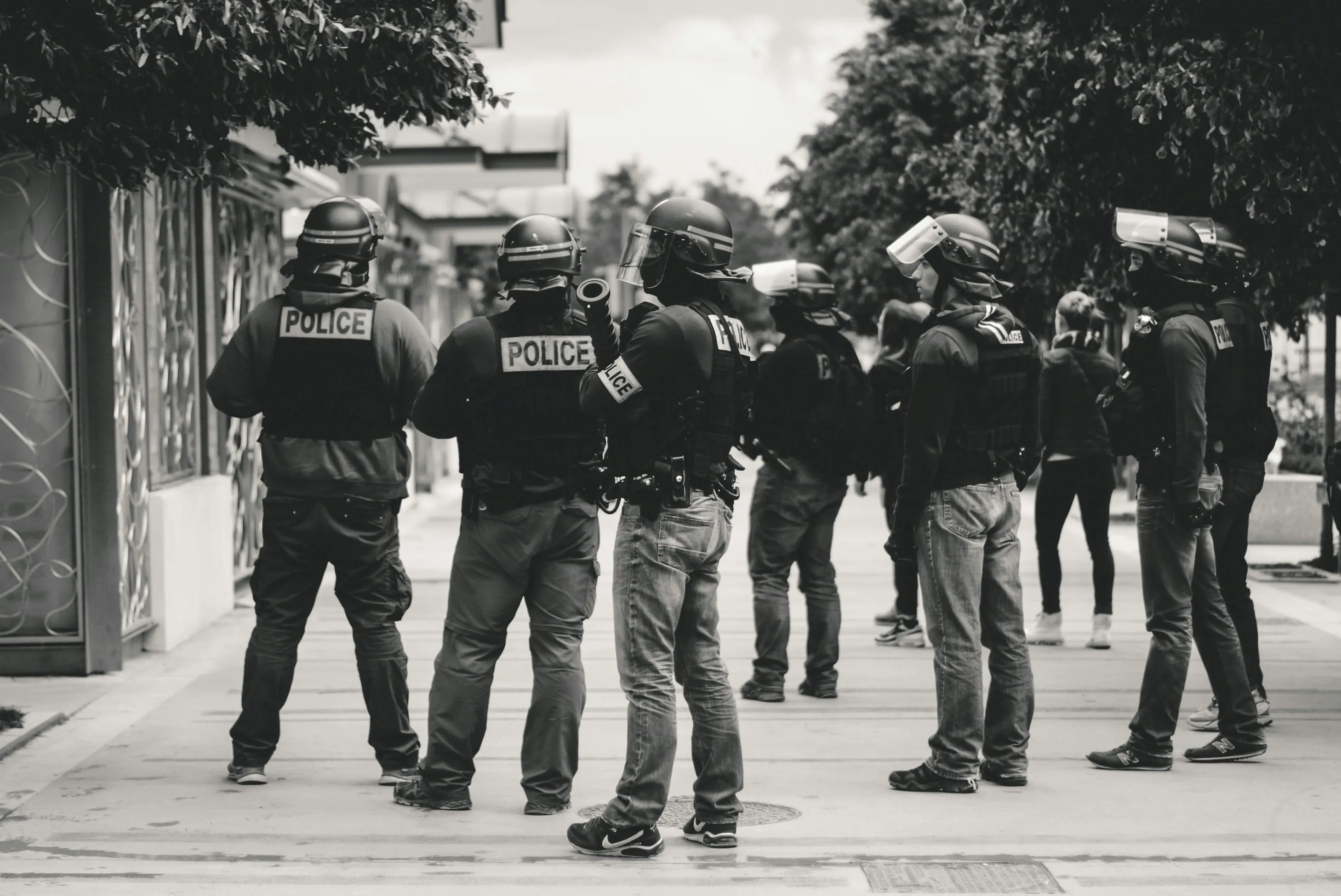
Award Erased after Appeal in Police Action Case
On August 15, 2009 at approximately 6:00 AM, New York City Police Officers, Detective Selwin Fonrose, Detective Robert Simms, Detective Carol, Detective Mark Callao, and Sergeant Anqel Gomez entered into Ms. Mildred Boyd’s house located at 731 East 49th Street, Brooklyn, New York. They entered her house under the authority of a search warrant. The warrant specified that there were probable grounds that illicit substances and drug paraphernalia would be located at Ms. Boyd’s house. Ms. Boyd, who was then 72 years old, was handcuffed while the police secured her house. Following the departure of the police, Ms. Boyd’s blood pressure elevated. She had abdominal pain and her heart rate accelerated. She did not seek medical assistance during the police's presence in her residence. Nonetheless, she subsequently visited the hospital that day, where she was placed on a heart monitor and admitted for three days. Ms. Boyd alleged that the New York City police officers used excessive force and sued them personally along with the New York City Police Department for personal injuries.
The Lawsuit
The lawsuit commenced on March 19, 2010. Ms. Boyd testified that she was in her house wearing only a t-shirt and underwear when she heard a loud banging noise on her door. She went out of her bed to ascertain the source of the noise when she was confronted by eight to ten individuals attired in black garments and equipped with bulletproof vests. All of them were aiming firearms at her, wielded flashlights, and commanded her to get down. Sergeant Angel Gomez seized her by the arm and forced her to the ground. She was subsequently detained with her hands restrained behind her back. Ms. Boyd testified that she was restrained with handcuffs and was confined at her residence for around three hours during the police's search. She further testified that Defendants used sniffer dogs and she was afraid of dogs.
After the police left, her blood pressure was high, her head and stomach were hurting, and her heart was racing. Ms. Boyd’s doctor, Dr. Romanelli stated that Ms. Boyd sustained both physical and psychological impairments. Specifically, she had chest pain, high blood pressure, anxiety, sadness, and demonstrated symptoms of post-traumatic stress disorder (PTSD). Dr. Romanelli recommended her to see a cardiologist, and she was prescribed a blood thinner and aspirin. Dr. Romanelli also prescribed her antidepressant Lexapro and Xanax for anxiety. He additionally stated that before the incident, Ms. Boyd experienced only hypertension and arthritis, and this event precipitated her anxiety and depression. Defendants presented evidence regarding the circumstances preceding the search. Before the event date, officers from the 67th Precinct had executed a pre-warrant investigation of Ms. Boyd’s house through four controlled purchases by an informant throughout June, July, and August of 2009. The officers discovered via a confidential informant that narcotics were being distributed from her house. Defendants presented the search warrant for Ms. Boyd’s house issued by Justice Mandelbaum. Defendants further argued that individual officers claim qualified immunity as their use of force was reasonable because there was a probable cause based on which they were acting. They also contended that Ms. Boyd had failed to prove sufficient injury and if Defendants’ actions were its probable cause. Based on review of the above, the jury held that Defendants’ handcuffing Ms. Boyd, restricting her from using the restroom or from moving for three hours, and keeping her amidst sniffing dogs did not qualify as reasonable force. On May 20, 2014, a verdict was issued in Ms. Boyd’s favor and she was awarded $500,000 in past pain and suffering, $250,000 in future pain and suffering and $16,920.80 in medical expenses. Defendants appealed the judgment for being contrary to the weight of evidence and for the damages awarded being excessive.
The Appeal
In Boyd v City of New York, the Appellate Court reviewed the testimonies and evidence presented during the jury trial. Based on the same, the Appellate Court held that although Ms. Boyd did not resist or attempt to flee, the officers' actions were deemed reasonable given the circumstances. They were executing a search warrant for illegal drugs, with concerns that a known drug dealer might be present and that occupants could potentially be armed. Handcuffing Ms. Boyd was considered a precaution until it was clear she posed no threat. Her age did not make the officers' actions unreasonable. The Appellate Court also held that Ms. Boyd failed to establish any connection or evidence between her handcuffing and medical ailments that she complained of. On April 5, 2017, the Appellate Court reversed the judgment of liability and damages passed by the trial jury.
Sternberg Injury Law Firm
At the Sternberg Injury Law Firm, we can take on cases involving police actions. We can help in all area of New York City including Bedford-Stuyvesant, Cadman Plaza, and Carroll Gardens. We recognize the complexities of these cases and offer free consultations to help you understand your rights and legal options. Our dedicated attorneys are committed to pursuing the justice and compensation you deserve while you focus on healing. Contact us today through our website, email, or phone, and let us support you on your path to recovery and justice.